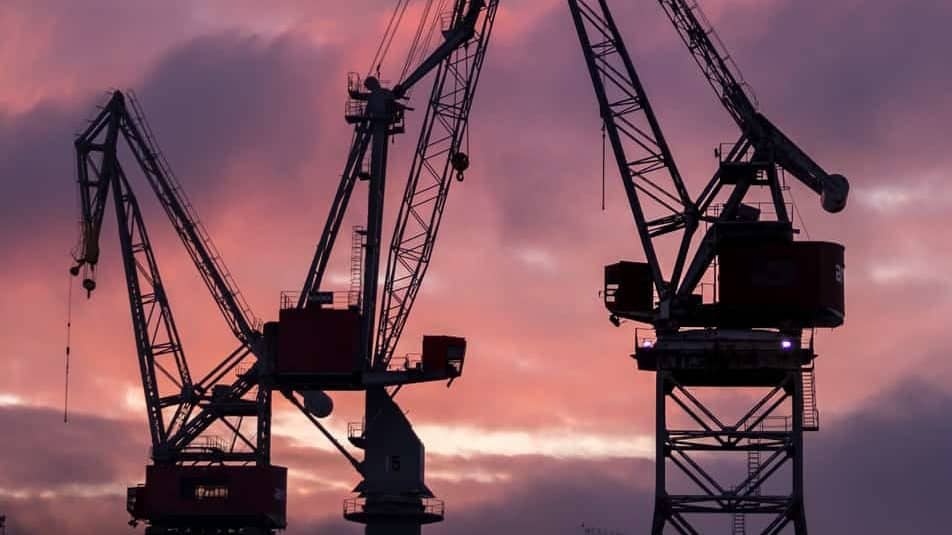Click here to get this post in PDF

Artificial intelligence. We’re all familiar with this as it’s something you often find in sci-fi movies. However, it’s more than that, and it’s now a part of various industries, and the construction industry is one of them.
The best way to describe AI is that it’s a machine capable of mimicking human cognitive functions that include problem-solving, pattern recognition, and many more.
Machine learning is also an integral part of AI, and it’s a field of artificial intelligence that utilizes various statistical techniques that allow computers to “learn” the gathered data even if it’s not programmed.
That’s why AI is developing into something that could fully understand humans and provide insights that can be used.
Here’s how AI is reshaping the future of construction technology and job sites.
Better Design of Buildings
The best way to describe BIM is that it’s a 3D model-based process that gives engineering, architecture, and construction professionals the necessary insights needed to efficiently design, plan, construct, and manage infrastructure and buildings.
Wherein, it’s highly advised to focus on engineering, mechanical, electrical, architecture, and the like in terms of planning.
The main goal is to avoid sub-teams from clashing with each other and to make that happening, the use of machine learning is advised. With generative design, it will be easier to identify and lessen clashes that occur between various models that are created by multiple teams.
There’s also a software that utilizes machine learning algorithms, and it’s capable of exploring all the variations of a solution, and it also offers design alternatives to its user.
Machine learning is leveraged to the point that it’s specifically made to create 3D models of plumbing systems while ensuring that the entire routes would not clash with each other. This something that will absolutely make AI transform the construction industry.
Risk Management
It’s worth noting that in every construction project, there’s always some risk that you have to be prepared of– this can be about safety, time, quality, or cost.
Also, the larger the project, the more risks there are, and that’s why several sub-contractors are tasked to work on various trades related to the job site. There are machine learning and AI solutions nowadays that can be used to monitor and work on these risks closely.
By doing so, the whole team could focus on other important things instead. AI can also be used to assign priority to issues, while subcontractors are rated according to a risk score that gives project managers the basics of how to act.
Avoiding Cost Overruns
A lot of megaprojects tend going over budget, and this happens even when the best project teams are hired. Fortunately, with the help of AI, it’s now possible to predict cost overruns according to factors such as contract type, project size, and even the competence level of project managers.
There are also historical data, such as planned start as well as end dates that can be used in predictive models that allow the project managers to envision realistic timelines that can be used for future projects.
Even the staff could remotely access real-life training materials and smart grabber cones with AI. This reduces the time needed to work on new resources, which means the whole project would be completed in a shorter amount of time.
Project Planning
Just recently, there has been a project that promises to use AI and robots as a means to solve budget issues in the construction site. Basically, robots can be utilized to capture 3D scans of the project and send this data to a network that would classify where it should be properly placed.
Also, algorithms of the future actually use AI in the construction industry as a form of “Reinforcement learning.” Through this, they are able to use algorithms as a trial and error process. It could also be used to work on various combinations and alternatives for the project.
Better Productivity
More and more companies are starting to offer self-driving construction that can be used to perform repetitive tasks more efficiently– this includes welding, bricklaying, pouring, demolition, and many more. This allows the workers to focus on other important tasks instead.
Likewise, project managers will also be able to track the job site in real-time, which also implies that there will be lesser room for mistakes, and everything will be carried out the way it should be.
You may also like: how driverless cars will affect the property market

[…] You may also like: How AI Is Reshaping The Future Of Construction Technology & Jobsites […]